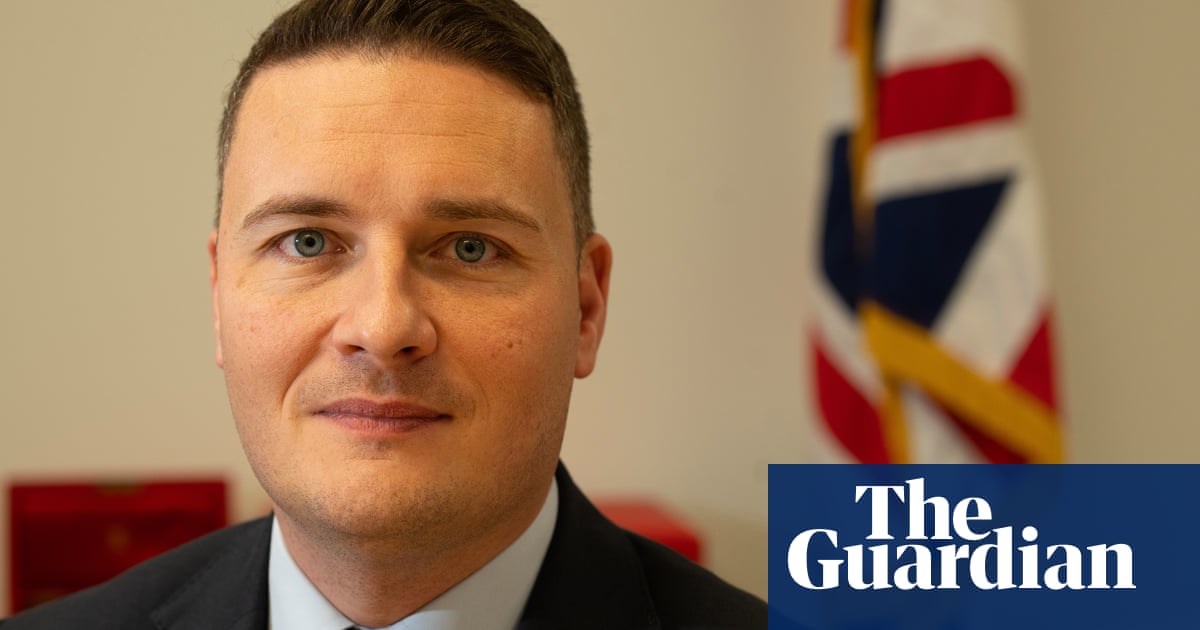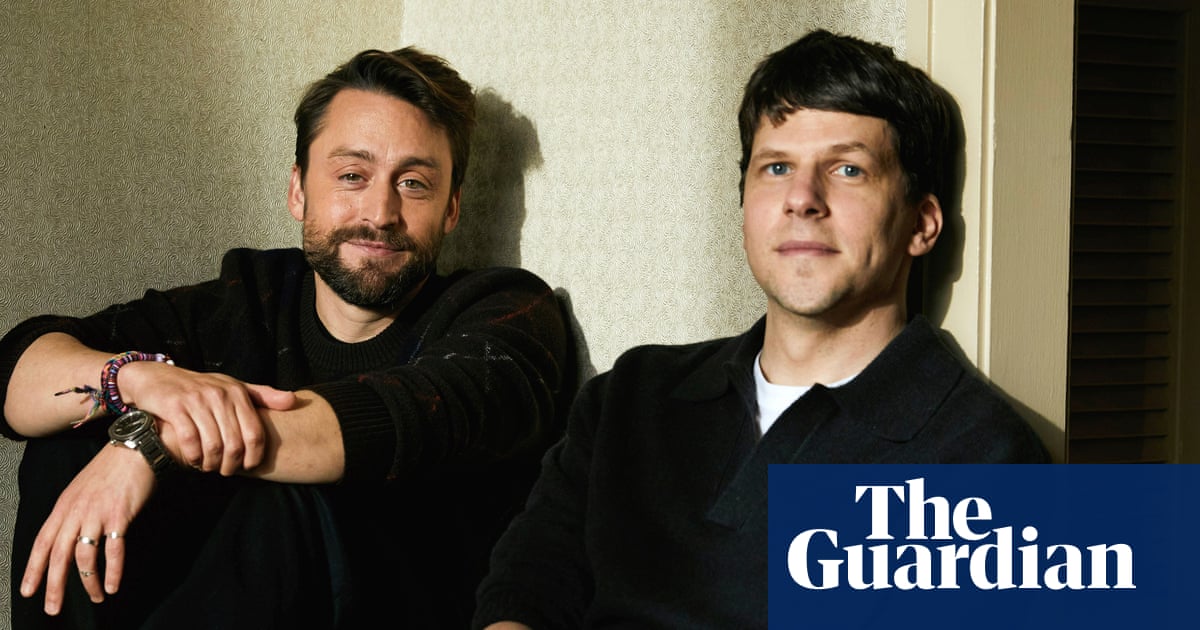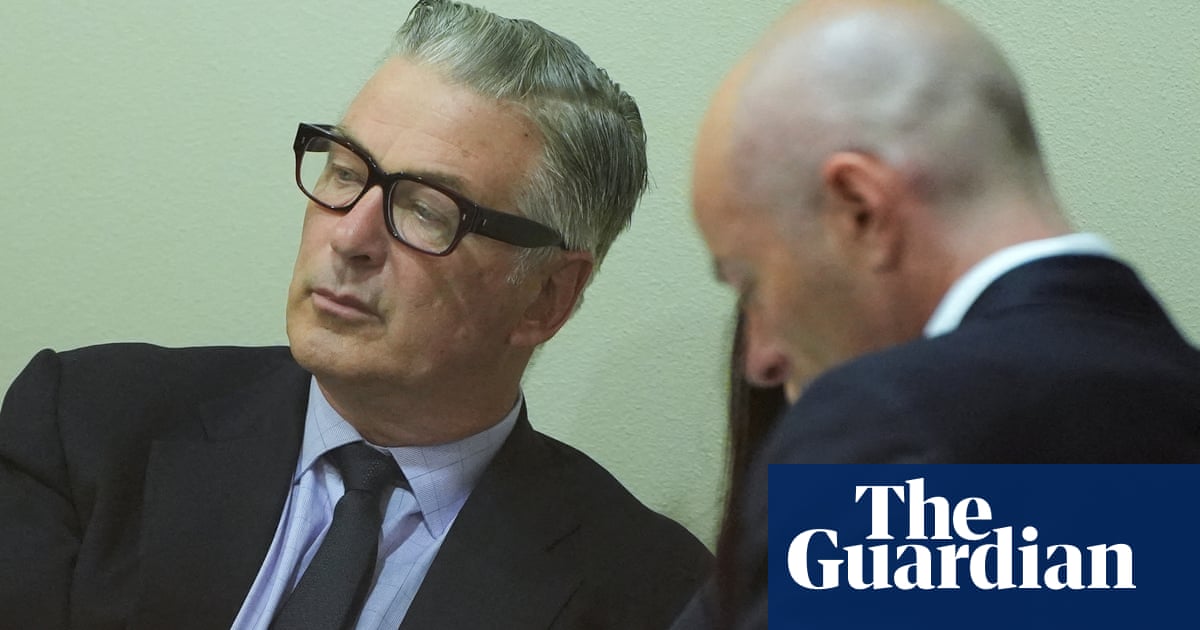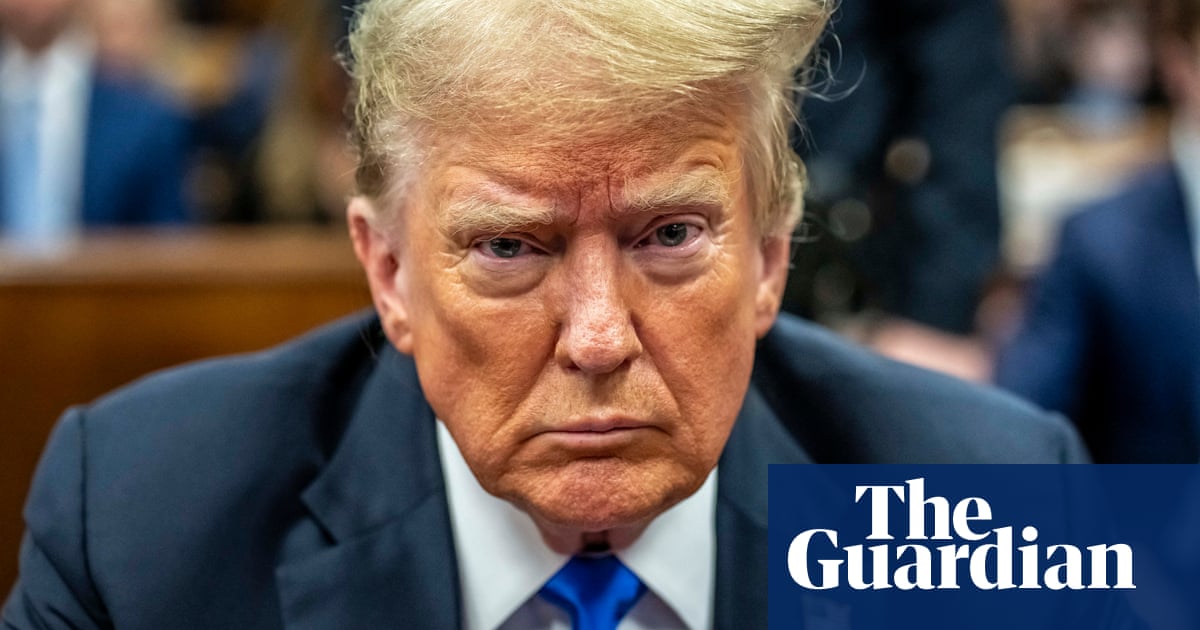Everyone loves an underdog story, although an iPad may have been angrily thrown across the room in the Garber household as Atlanta United shocked Inter Miami on Saturday evening. Tim Cook might have reacted in a similar way after posting how “excited” he was to watch Lionel Messi and Co in the MLS playoffs. He won’t be watching any more of him this year.
These were the Messi playoffs. The league’s entire postseason marketing focused on the GOAT, pre-empting a predicted march to MLS Cup glory after Miami had set a regular-season points record. Messi was everywhere: on billboards, in social media promos and TV ads. They even aired Inter Miami’s first playoff game in Times Square. MLS had been building to this moment ever since Messi arrived in Florida.
Those best-laid plans, however, didn’t account for Atlanta United causing the biggest upset in league history. The 34-point regular season difference between Inter Miami (74) and The Five Stripes (40) was the largest between two teams to ever face each other in the playoffs. While Tata Martino’s side won the Supports’ Shield, Atlanta United snuck into the postseason on Decision Day.
On the pitch, the difference was a Bartosz Slisz winner 14 minutes from the end of a tense, ill-tempered affair in an unpredictable three-match series, which Atlanta took two games to one. From Xande Silva’s stoppage time winner at a sold out Mercedes-Benz Stadium in Game 2 to Brad Guzan being pushed into the net following Messi’s equaliser at 2-2 in Game 3, this was MLS at its messy, chaotic best. The league itself may not see it that way, though.
Messi’s absence for the rest of the playoffs will undeniably hurt MLS. Apple continues to keep the exact viewing figures for matches on MLS Season Pass to itself, but the Argentinian’s debut for Inter Miami last year drew in more than 100,000 new subscribers – the largest single-day rise for the streaming service since its launch at the start of the 2023 season.
By the end of last season, MLS Season Pass surpassed two million subscribers, a landmark directly attributed to the Messi boom. “The Messi Effect is real!” posted Inter Miami co-owner Jorge Mas, also highlighting how sign-ups had “more than doubled” since the arrival of the World Cup winner. Cook said the service was “exceeding our expectations in terms of subscribers.”
How many of those subscribers will tune in for Orlando City v Atlanta United in the Eastern Conference semi-finals, though? Will they stick around to watch Los Angeles FC face the Seattle Sounders? Or the LA Galaxy against Minnesota United? A Hudson River Derby between New York City FC and the New York Red Bulls holds some broad appeal, but not in the same way Messi matches do.
This is a preview of the problem MLS could face when Messi leaves, which could be at the end of next season when his contract expires. The estimated $50m-$60m investment in the former Barcelona star will only pay off if the league uses it as a catalyst to build something more permanent. The Messi era in MLS will be a failure if new supporters scatter now that Inter Miami are out of the playoffs.
In some sense, this could be a positive inflexion point, and not just because Atlanta United’s victory proves there is more to MLS than just Messi and his mates. It could crystallise what must be done to build on the platform Messi has given the league. That could involve some big decisions on format, scheduling, roster rules and more.
“We were the most consistent team, we broke the points record, we had a good season, but what we wanted was to win these playoffs ... I think this format is a bit unfair,” said Jordi Alba after Saturday’s loss. Sour grapes, maybe, but the left-back’s comments also struck on a discussion that has the potential to reshape MLS.
The playoffs may be incompatible with what MLS wants from the Messi era. If the league wants to put its best players and teams on a pedestal, the current model probably is not be the best way to do so. Next year’s Club World Cup will give Inter Miami an opportunity to catch the eye of fans around the world, but only because Gianni Infantino manufactured their qualification.
To take the next step, MLS appears willing to take some big swings, as proven by the consideration reportedly being given to a European-style winter schedule change for the 2026 season. But before it can do that, the league must decide what it wants to be. Is being The Messi League enough?
Is MLS happy having its regular season champions – and best team – ousted early in the playoffs by an opponent with an interim manager and a 40-year-old goalkeeper? Is it content with the growing contradiction between the Supporters’ Shield and MLS Cup? Atlanta United’s victory may have showcased the best of the league, but is it what MLS wants to showcase as the best of MLS?
The Premier League leaned into its competitiveness to position itself as The Best League In The World, focusing on the product as a whole over a single player or team. MLS, however, has taken a different approach, intertwining itself with Messi and Inter Miami so tightly that Saturday’s shock result has to be viewed through a different prism.
None of this should diminish the spectacle of what happened at Chase Stadium on Saturday. Atlanta’s win will go down as the defining moment of the 2024 MLS season and reflect how Messi became the heel of the league as everyone tried to take him and Inter Miami down. For MLS, though, this underdog story could have some bite.

.png) 1 month ago
13
1 month ago
13













































